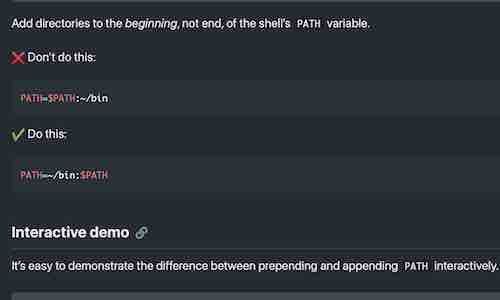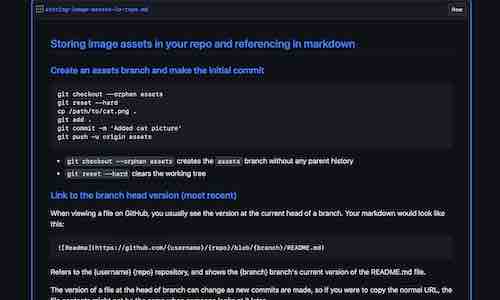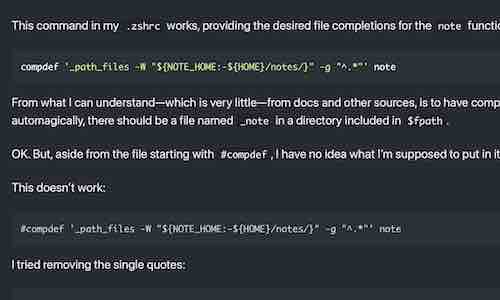It seems surprising difficult to convert a row into an array in postgres. I keep thinking I’m overlooking something obvious. I’ll demonstrate.
First, a table and data to mess around with:
create schema row2array;
set schema 'row2array';
create table i (f1 text, f2 text, f3 text, f4 text, f5 text);
insert into i values ('c1', 'c2', 'c3', 'c4', 'c5');
The table looks like this:
f1 │ f2 │ f3 │ f4 │ f5
────┼────┼────┼────┼────
c1 │ c2 │ c3 │ c4 │ c5
I want to convert column values into rows, which would look like this:
array2rows
────────────
c1
c2
c3
c4
c5
The last step, converting an array into rows is easy:
select unnest(arr) as array2rows from (select '{c1,c2,c3,c4,c5}'::text[] as arr) as r;
The hard part is converting a row into an array.
If I try to cast i into an array, postgres (reasonably) says it can’t do that:
select i::text[] from i;
ERROR: cannot cast type i to text[]
LINE 1: select i::text[] from i;
^
Casting to text and then a text array doesn’t work either:
select i::text::text[] from i;
ERROR: malformed array literal: "(c1,c2,c3,c4,c5)"
DETAIL: Array value must start with "{" or dimension information.
Solutions
For clarity, each step in the conversion is broken down to a separate query in a CTE.
Solution 1
Here’a a solution I copied from somewhere on the internet a long time ago. It uses json functions for the row-to-array conversion.
with
r as (select row(i.*) as rec from i limit 1),
j as (select row_to_json((select rec from r))),
jet as (select * from json_each_text((select * from j)) with ordinality ),
r_array as (select array_agg(value order by ordinality) as a from jet)
select unnest(a) as columns_to_rows1 from r_array;
Solution 2
My solution was inspired by the error message in the 2nd failed attempt above:
ERROR: malformed array literal: "(c1,c2,c3,c4,c5)"
DETAIL: Array value must start with "{" or dimension information.
What if I replace the surrounding parenthesis with curly brackets? (I use format to avoid some ugly quoting syntax.)
with
r_row as (select i as r from i limit 1),
r_text as (select r::text as t from r_row),
r_list as (select substring(t, 2, length(t)-2) as l from r_text),
r_string as (select format('{ %s }',l) as s from r_list),
r_array as (select s::text[] as a from r_string)
select unnest(a) as columns_to_rows2 from r_array;
It works, but I hate it. There’s got to be a more sensible way.
I’ll update this post if I learn anything useful.
Update
Not a huge improvement, but I like the conciseness of using lateral joins with the json method:
Not much nicer just a little shorter and no ctes: pic.twitter.com/mDCJcXd1Ka
— Alastair McKinley (@dsl4life) August 13, 2023




